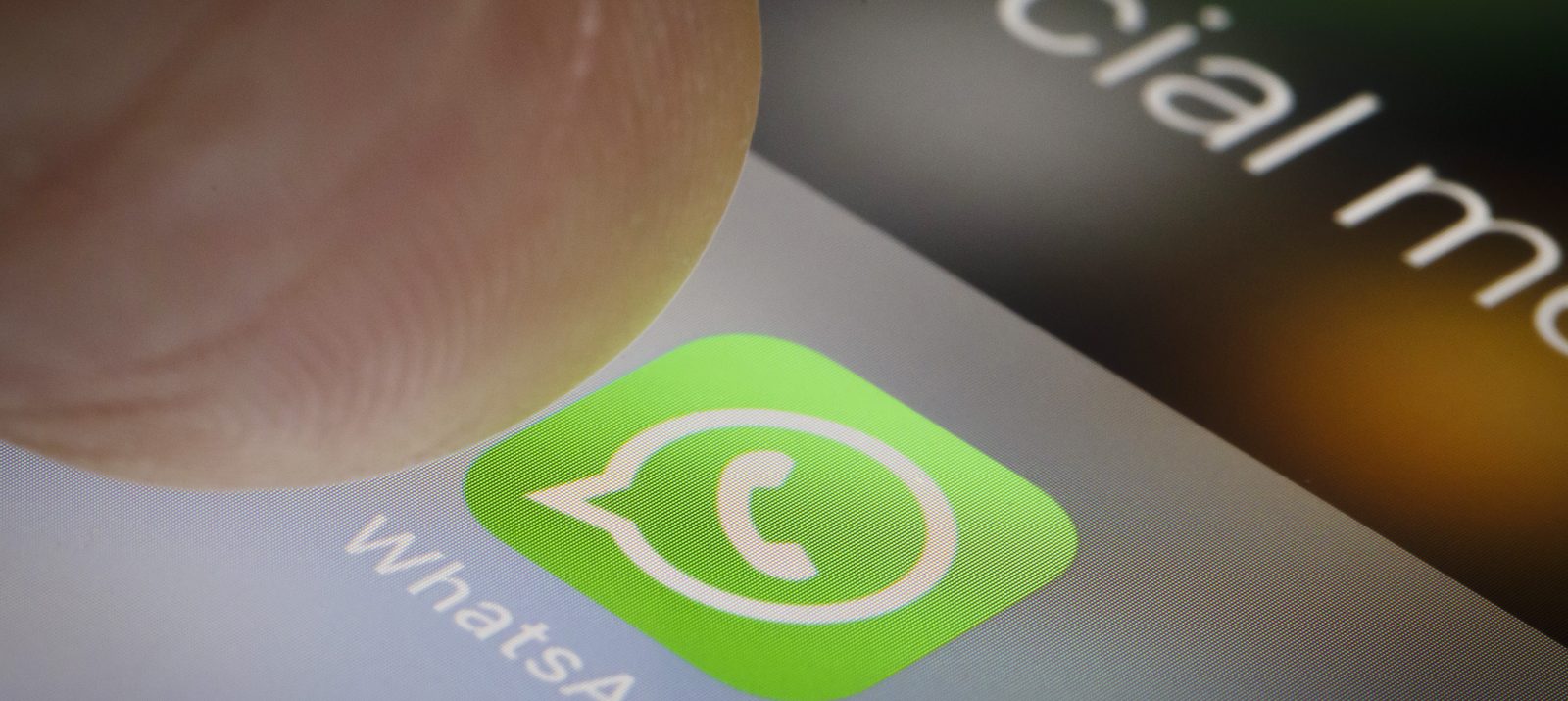
The most popular messenger, even among children and teenagers, is WhatsApp. This is because communication is practical and easy, and many other people use it. Unfortunately, there are a few negative sides to the popular service.
WhatsApp is a free messenger. Registration requires a cell phone number and access to contacts’ phone numbers. After that, profile picture and profile name can be assigned.
The main function of WhatsApp is to send messages to people from your own contacts (address book) who also use the app. These can be text and voice messages, photos, videos, files, contacts as well as your own location. They can be sent to individuals or a whole group. Individual and group calls as well as video telephony are also possible. Among teenagers, sending emojis and GIFs is especially popular. They can also respond to individual messages with emojis. Self-deleting messages can be sent, which automatically disappear from the device after seven days. And there is the possibility to send photos and videos, which may be viewed only once and then disappear.
Via WhatsApp it is only possible to contact someone whose number you have. When receiving a message from an unknown number, the contact can be controlled using the “add” or “block” buttons. Calls from unknown numbers can be muted.
With the chat lock function, selected chats can be made virtually invisible. These then only appear in a certain category and are protected by a code, Face ID or fingerprint.
Young people like to use the app because it allows them to quickly get in touch with acquaintances and family members, since almost everyone uses WhatsApp. Teachers and classmates in class chats, grandparents as well as friends in other countries are just a click away. Users can exchange information with their contacts and see when they were last online. Via the profile picture and the so-called status they can share impressions from their life (similar to Instagram). Fast communication via voice messages is particularly popular among young people.
Especially the read receipt function (two blue check marks on a message) can put young people under pressure to always reply directly. Even though hundreds of messages are sometimes exchanged daily in a class chat, this can overwhelm and stress children and young people. In addition, fakenews is often spread via class chats. Pictures and messages are sent quickly. There is a risk that personal data, pictures and videos will be carelessly shared, redistributed or used for bullying. Also dubious sweepstakes, Chain letters or misleading notifications can be problematic – before all, even sexting.
Since there are hardly any privacy settings on WhatsApp, users have to be careful themselves about what content they send or post in their status. They should only be ones that everyone is allowed to read or see.
In addition, WhatsApp accesses a lot of information about the users, e.g., the entire contact list in the cell phone. This is how foreign contact data gets to WhatsApp and other people without being asked.
WhatsApp offers so-called “channels” under “News”. This is a type of group chat in which only the person who created it can write something. Channels are used by celebrities, influencers and companies to stay in touch with their target groups and fans. However, be careful: messages, images and videos that are not suitable for children and young people may also appear on channels.
WhatsApp, just like Instagram , belongs to the Meta group (formerly Facebook). The GTCs in force since 2021 inform that user data will also be passed on to companies for advertising purposes.
Certain security settings are supposed to improve the usage: People or phone numbers can be blocked; location tracking and read receipts can be deactivated. Users can limit the visibility of their own profile. Messages are exchanged in encrypted form, so they cannot be easily “hacked” by strangers. However, this only works in individual messages and when the backup – i.e. the data backup – is deactivated.
In early 2022, WhatsApp announced that group administrators will be able to delete messages from others. This function has not yet been implemented.
If your child is younger than 16, you must consent to their use of WhatsApp. Make sure your child uses Messenger responsibly. Explain to your child how they can protect their personal information. You should not share sensitive data or photos with unknown people
Help your child understand the privacy settings and configure them correctly… This can be done in the app itself or in the access rights management in the Android or iOS operating system (in each case under Settings). In the app, under the category “Privacy”, you can set who sees what and whether or not you want to be invited to groups by strangers. It may happen that certain functions can no longer be used if certain accesses are denied. The Privacy Check function gives a good overview of the settings. At www.medien-kindersicher.de there are Video instructions on how to safely set WhatsApp on your child’s smartphone.
Talk to your children about communication risks and how they can protect themselves from them. Encourage them to let you know right away if they feel they are not being treated right or are being bullied.
Encourage your child to only contact people they know in real life. Warn against adding unknown contacts. Also, be mindful of your child’s privacy and give your child the space he or she needs. Set a good example yourself by being responsible and respectful with your own digital activities.
Wenn Sie einen Messenger nutzen möchten, der mehr Datensicherheit bietet, lesen Sie unsere Toolbeschreibungen zu Signal und Threema.